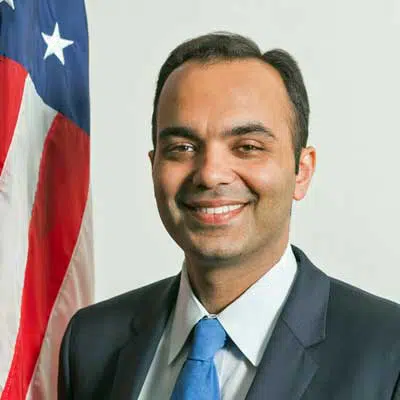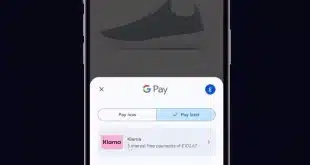Payments companies have sensed increasing regulatory pressure since the Biden Administration’s inauguration last year, and now experts who follow developments in Washington, D.C., are confirming it. After a relatively “light touch” during the Trump Administration, “the [regulatory] pendulum has come back this way” toward a harder look at payments practices, Scott Talbott, senior vice president at the Washington-based Electronic Transactions Association, warned Thursday.
Among the most active federal agencies now looking into payments are the Consumer Financial Protection Bureau and the Federal Trade Commission, Talbott told attendees at the Northeast Acquirers Conference in Philadelphia. The CFPB, he cautioned, is poised to enlarge its authority to attack what it may view as unfair discrimination in consumer finance. The bureau released a statement last month that it will look more closely at financial firms’ decision-making to attack what it views as unfair practices in credit, payments, and other areas.
“Watch out for this,” Talbott said. “It’s going to be very problematic. You’ll be asked to prove a negative, that you did not discriminate.”

Challenging the bureau on its decisions in this matter will also be difficult, he warned, because it has not published a rule. Instead, he said, “it put out a memo.”
Under its activist director, Rohit Chopra, the CFPB has reached out to firms to gather more information about how they handle complaints and disputes. This was the aim of a recent request the bureau sent to Block Inc., for example, regarding its popular CashApp wallet. Attorneys general from a number of states joined in that request.
These actions follow moves by the CFPB to investigate how big technology companies handle consumer-payments data and other information and how leading payments firms are treating users of buy now, pay later programs. With the increasingly popular BNPL products, the regulator is concerned chiefly with the extent of debt accumulation, how consumer data is being handled, and the potential for regulatory arbitrage, or possible efforts by BNPL firms to avoid disclosure rules by limiting the number of required installments.
“If the CFPB finds someone did something illegal, it will issue an enforcement, but we could still see a rule-making if they find something they don’t like,” warned Talbott.
Meanwhile, the FTC is following a practice of holding processors responsible if it finds consumer abuses on the part of merchants. In such cases, it will force processors to “take corrective action.” This, Talbott added, is a practice left over from Operation Choke Point, a controversial policy pursued during the Obama Administration to hold processors responsible for the misdeeds of consumer-facing businesses. The practice went dormant after the inauguration of the Trump Administration.
Lina Khan in June took over as chairman of the FTC after having been nominated for the post by President Joe Biden. Khan previously served as a legal advisor to Chopra in his role as an FTC commissioner, a post he held until taking over the CFPB in October.
Talbott said the ETA also is concerned about efforts among some states to pass privacy laws that could complicate efforts by payments firms to combat criminal activity. “We want to maintain the right to use data to fight fraud,” he said.





